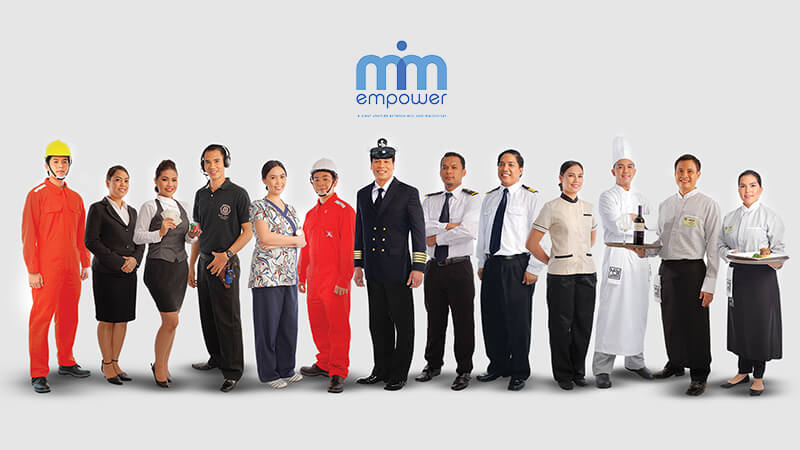FAQ Questions about Global HR Consulting
-
What kind of preparation do we have to do to receive workers from abroad?
-
Our services include reviewing appropriate residency status, selection of workers, support in obtaining residency status/working visa, and support in daily life before and after arriving Japan. Additionally, for the Philippines, POEA/POLO (the Philippines Overseas Labor Office) reviews companies. Please contact us for preparations required in your case.
-
What length of time do we need before we can receive workers from abroad?
-
It depends on their nationality, residency status, and the length of local education. It generally takes approximately two months for selecting workers, approximately two to three months for procedures with authorities, and we need to add a period required for Japanese language and technical skills training.
-
We have only Japanese staff at our company. How can we communicate with workers from abroad?
-
We provide a certain level of Japanese training prior to workers' arrival in Japan so that they can communicate in Japanese to some extent. However, please note that their level of proficiency is not that of a native Japanese speaker. Filipinos have an advantage of being able to speak English, and communicating in English is possible with them.
-
What kind of in-house support do we need to provide?
-
This varies from client to client. Some of our clients provide support to international workers for finding accommodation and in daily life themselves, while others outsource this type of support. We have partnerships with companies that specialize in providing support to international workers for their life and settlement. Please inquire us if you are outsourcing. They can also provide support in Tagalog.
-
What advantages do Filipinos have?
-
Their advantages are: 1. English (67% of the Filipino population can communicate in spoken English. The Philippines has the fifth largest English-speaking population in the world.), 2. Communication ability (Filipinos are cheerful and friendly and easily adapt to a new environment), 3. Low incidence of trouble (This is because Filipino workers are protected by the regulations of the Philippine Overseas Labor Office.), 4. Abundance of young workers (the average age is 24.), and 5. Culture that values families (Many of them work overseas to support their extended family.).
-
What disadvantages do Filipinos have?
-
Due to the regulations of the Philippine Overseas Employment Administration (POEA), workers are protected, and the procedures are more complicated than in other countries. We will provide support to ensure that the process goes smoothly.
-
Why is MOL Lines providing a human resources business despite being a maritime transportation company?
-
The number of international workers in Japan is on the rise every year, and this is expected to accelerate even further aided by legislative development in residency statuses. We have a wealth of experience in our 130 years of maritime transportation business including not only working with international crew, but also operating educational facilities including a four-year university in the Philippines in conjunction with a Filipino partner. Coexistence with international workers has become part of our corporate culture. We believed we could make a contribution to Japanese society and the economy by supporting companies receiving new international workers and assist in solving their challenges by making the best use of our know-how.
-
What are the differences between a visa and a residency status?
-
A visa allows someone to enter a country. A visa is stamped on a passport to certify that the holder of the passport is qualified to enter the visa issuing country. A residency status is a certificate that permits its holder to live continuously in the issuing country for a certain period of time.
-
Do MOL Lines and MM EMPOWER Corporation only deal with Filipinos?
-
We are planning to gain traction in the Philippines which is where Magsaysay is based. However, we would like to expand to other countries according to the needs of our clients.
-
Why do you promote employing Filipinos when many Japanese people lost their jobs due to the Covid-19 pandemic?
-
This initiative is designed for the next 10-20 years into the future. It is difficult to sustain the Japanese society and economy through the Japanese population alone in the long run, and the government policy has been to open up the Japanese labor market to international talent as can be seen in the specified skilled workers program. When considering the next generation beyond the next five years, leveraging international talent such as Filipinos forms a foundation for a sustainable Japanese society and economy along with empowering women and seniors to work and advancements in IoT.

About Services
Based on our experiences in training Filipino seafarers, we provide global HR consulting services including recruitment and education in a wide range of industries other than seafarers.

Inquiries
Please feel free to contact us about our Global HR Consulting and associated services.







